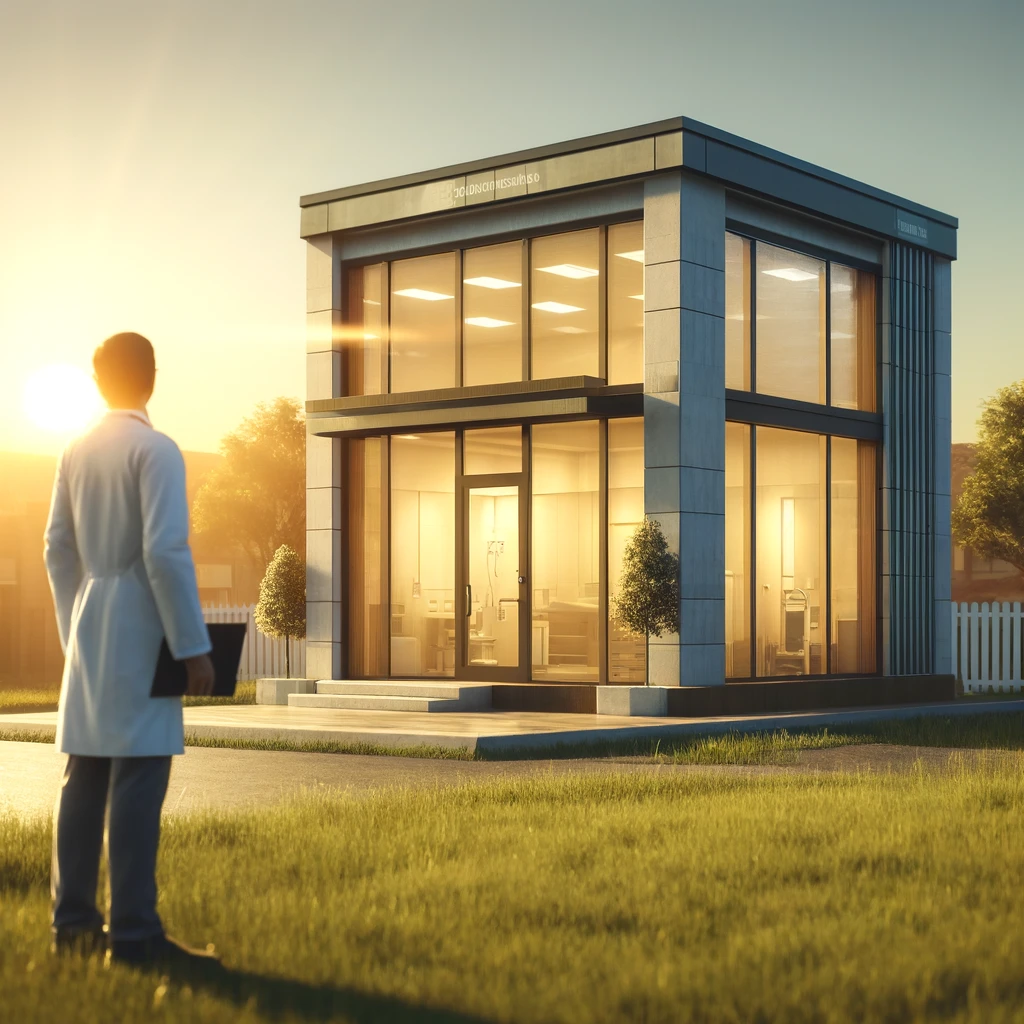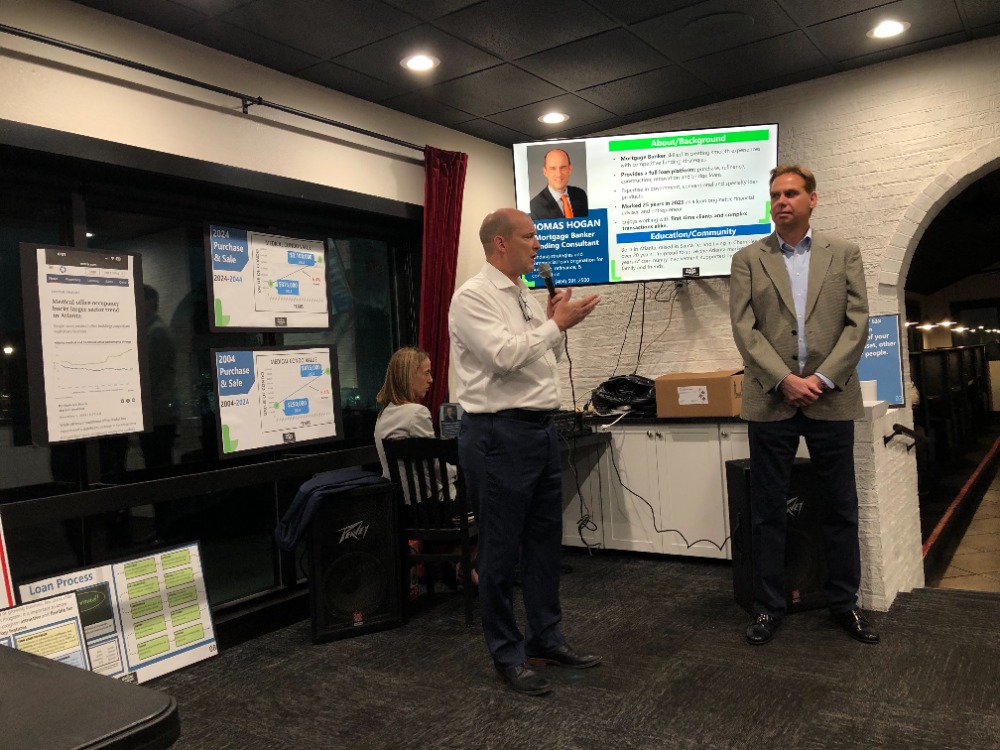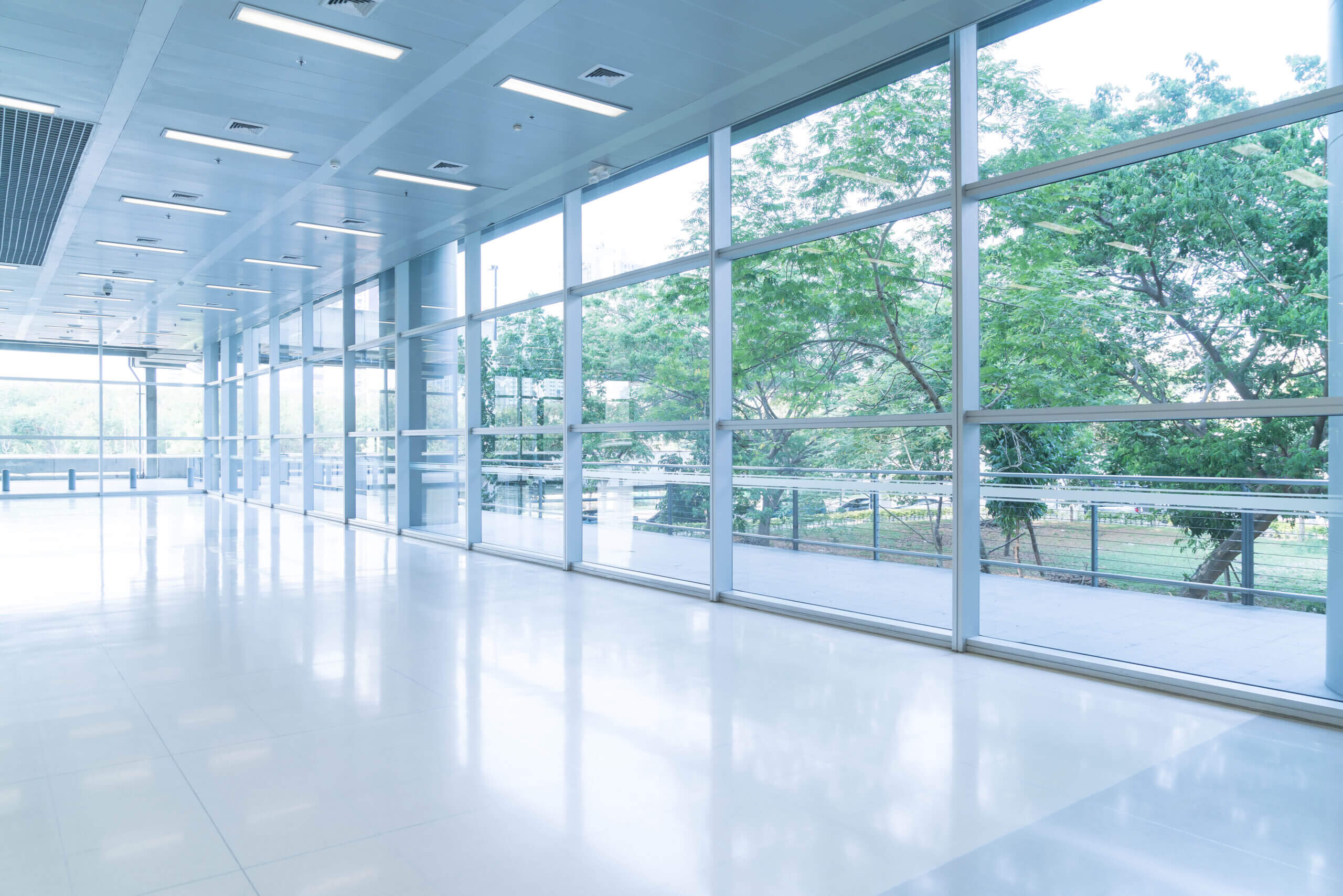How Custom Medical Condos Increase Your Practice’s Value in Atlanta
For doctors and healthcare professionals, owning a medical office space can provide more than just a place to practice—it can also be a powerful financial asset. Custom medical condos offer an opportunity for practitioners to not only secure their business location but also increase the overall value of their practice. In Atlanta, a city known for its growing healthcare industry, custom medical condos are becoming an attractive option for healthcare providers.
This guide will walk through how investing in a custom medical condo can elevate the value of your practice, focusing on both financial and operational benefits.
The Financial Benefits of Owning a Custom Medical Condo
1. Building Equity and Long-Term Investment
When renting office space, your monthly payments go toward your landlord’s mortgage, with no return on your investment. By contrast, owning a custom medical condo allows you to build equity over time. Each mortgage payment you make increases your ownership in the property, turning an ongoing expense into a valuable asset. As Atlanta’s real estate market continues to grow, the value of your medical condo may appreciate, increasing the value of your investment.
- Equity Growth: Every payment you make towards your medical condo is an investment in your future, increasing your net worth.
- Property Appreciation: In a growing market like Atlanta, your medical condo may increase in value over time, further enhancing your financial portfolio.
- Ownership Benefits: When you own your space, you also benefit from tax advantages, including deductions for mortgage interest and property taxes, which can reduce your overall tax liability.
2. Fixed Costs vs. Rent Increases
Another key advantage of owning a custom medical condo is that it stabilizes your costs. When renting, you’re subject to lease renewals and potential rent increases, which can significantly impact your operating expenses. Ownership allows you to avoid these fluctuations by securing a fixed mortgage payment, giving you greater control over your finances and making it easier to forecast your expenses for years to come.
- Stable Monthly Costs: Avoid rising rents and unpredictable lease renewals by locking in a fixed mortgage rate.
- Financial Predictability: With consistent costs, you can plan better for the future and allocate resources toward growing your practice.
3. Resale Value and Exit Strategy
Owning a medical condo also provides an exit strategy when you decide to retire or move your practice. The property can be sold or leased to another healthcare professional, allowing you to recoup a significant portion of your investment. This is a major advantage over renting, where you walk away with nothing after your lease ends.
- Resale Potential: The growing demand for medical office spaces in Atlanta means your condo could attract a good price if you choose to sell.
- Retirement Income: Leasing out your space to other practitioners can generate passive income during retirement, ensuring continued financial security.
Operational Benefits of Custom Medical Condos
1. Tailored to Your Practice Needs
One of the most significant advantages of a custom medical condo is the ability to design the space according to your specific needs. Whether you need specialized treatment rooms, patient waiting areas, or advanced medical technology, owning a space gives you the freedom to create the ideal environment for both staff and patients. This level of customization allows you to enhance patient experience, which in turn can boost your practice’s reputation and patient retention.
- Personalized Layout: Create a workspace that is both efficient and welcoming, designed specifically to meet the needs of your patients and staff.
- State-of-the-Art Facilities: Incorporate the latest technology and medical equipment without worrying about limitations imposed by a landlord.
- Enhanced Workflow: A well-designed office can streamline your daily operations, improving efficiency and overall patient satisfaction.
2. Long-Term Stability for Your Practice
Owning your office space also provides long-term stability for your practice. As a renter, you may face the possibility of your lease not being renewed or the property being sold, forcing you to relocate. This can be disruptive to both your operations and your patients. By owning your space, you control your future and can focus on growing your practice without the uncertainty of moving.
- No Relocation Risk: Avoid the potential stress of having to find a new location due to rent increases or landlord changes.
- Practice Continuity: Consistency in location helps build a stable patient base, as patients prefer to visit the same, familiar location.
3. Improved Patient Experience
Patient experience plays a crucial role in the success of a medical practice, and the design and location of your office can significantly impact this. Owning a custom medical condo allows you to focus on patient comfort and convenience. You can create a welcoming environment that promotes patient satisfaction, which can translate into positive reviews and long-term patient relationships.
- Patient-Centric Design: Customize the office layout to provide a better flow from check-in to consultation, minimizing patient wait times and enhancing comfort.
- Accessibility and Parking: Choose a location that offers convenient parking and easy access for patients, a factor that can influence patient loyalty.
Strategic Advantages of Custom Medical Condos in Atlanta
1. Capitalizing on Atlanta’s Growing Healthcare Industry
Atlanta is home to a booming healthcare industry, with several renowned hospitals, research centers, and healthcare facilities. By investing in a custom medical condo, you can position yourself in a prime location to attract new patients, collaborate with nearby specialists, and take advantage of the city’s healthcare ecosystem.
- Proximity to Healthcare Hubs: By owning a condo in a medical office building, you place your practice close to major healthcare providers and referral sources, which can drive patient growth.
- Growing Demand: The increasing population in Atlanta and the surrounding areas leads to more demand for healthcare services, which makes owning a medical office in a prime location an even more valuable asset.
2. Branding and Marketing Advantages
Having a permanent, well-branded office location can significantly impact your marketing efforts. When you own your office, you can invest in long-term signage and branding strategies that will draw attention to your practice over time. This is a great advantage over rented spaces, where signage and modifications may be restricted by the property owner.
- Stronger Branding Presence: Permanent signage and a customized building facade can establish your practice’s presence in the community.
- Enhanced Visibility: Owning your office gives you the flexibility to invest in marketing opportunities that align with your brand and increase patient recognition.
3. Tax Benefits
There are several tax advantages to owning a medical condo compared to renting. You can deduct mortgage interest, property taxes, and certain operational expenses related to your office. These deductions can reduce your taxable income, providing significant savings over time.
- Tax Deductions: Mortgage interest and property taxes can be deducted, reducing your overall tax burden.
- Depreciation Benefits: You can also claim depreciation on the building and improvements, further lowering your taxable income.
Maximizing the Value of Your Custom Medical Condo
1. Regular Upgrades and Maintenance
To maintain and increase the value of your custom medical condo, it’s essential to invest in regular upgrades and maintenance. This not only keeps your office up to date but also enhances the long-term value of the property. Simple improvements like upgrading HVAC systems, modernizing patient waiting areas, or incorporating energy-efficient solutions can go a long way in increasing your practice’s appeal.
- Routine Maintenance: Regular inspections and timely repairs prevent costly issues down the road and preserve the value of your investment.
- Modernization: Periodic upgrades can make your space more attractive to future buyers or tenants if you ever decide to sell or lease your office.
2. Leasing Unused Space
If your practice doesn’t require the full space available in your medical condo, you can consider leasing part of the space to another healthcare provider. This can generate additional revenue and offset some of your operational costs while allowing you to retain ownership.
- Generate Rental Income: Leasing unused space provides an additional revenue stream, helping you maximize the value of your investment.
- Shared Services: By leasing to complementary healthcare providers, you can share resources, attract more patients, and create a collaborative environment.
Conclusion: Investing in Your Practice’s Future
Investing in a custom medical condo in Atlanta is a smart decision for doctors and healthcare professionals who want to secure their practice’s future while maximizing financial and operational benefits. From building equity to improving patient experience, custom medical condos offer a wealth of advantages that can significantly enhance the value of your practice. By owning your medical office space, you gain control over your environment, your finances, and your long-term success.
If you’re ready to explore how custom medical condos can elevate your practice, contact us today to learn more about available properties and start the journey toward owning your medical office space in Atlanta.
ls.




